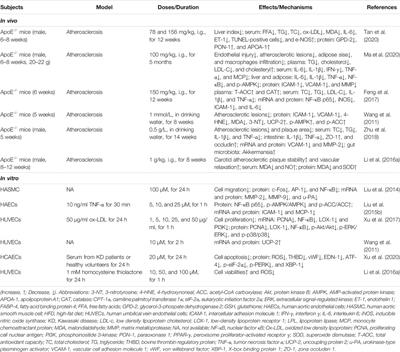berberine
1. The Benefits of Berberine
2. Berberine for Heart Health
3. Berberine for Blood Sugar Control
4. Berberine for Digestive Health
5. Berberine for Weight Loss
6. Berberine for Brain Health
7. Berberine for Skin Health
8. Berberine for Cancer
9. Berberine for Immunity
10. Berberine for Inflammation
berberine benefits
1. Berberine is a compound found in a variety of plants, including goldenseal, Oregon grape, barberry, and tree turmeric.
2. Berberine has a long history of use in traditional Chinese and Ayurvedic medicine.
3. Berberine has been shown to be effective in the treatment of a variety of conditions, including bacterial infections, diabetes, and high cholesterol.
4. Berberine has powerful antibacterial, antifungal, and anti-inflammatory properties.
5. Berberine has been shown to be as effective as some prescription antibiotics in the treatment of bacterial infections.
6. Berberine has been shown to be effective in the treatment of diabetes by lowering blood sugar levels.
7. Berberine has been shown to be effective in the treatment of high cholesterol by lowering LDL cholesterol and increasing HDL cholesterol.
8. Berberine has been shown to have anti-cancer properties.
berberine side effects
1. Berberine is a quaternary ammonium salt derived from the rhizomes of several plants, including Coptis chinensis and Coptis teeta.
2. It has a long history of use in traditional Chinese medicine, where it is used to treat a wide variety of ailments, including diarrhea, hypertension, and diabetes.
3. Berberine has shown promise in the treatment of diabetes, with one study finding that it was more effective than metformin in lowering blood sugar levels.
4. It has also been shown to lower cholesterol and triglyceride levels in the blood, as well as improve insulin sensitivity.
5. Berberine is thought to work by activating AMPK, an enzyme that plays a role in regulating metabolism.
6. A review of studies found that berberine was effective in treating a variety of gastrointestinal disorders, including diarrhea, constipation, and irritable bowel syndrome.
Does berberine make you poop more?
Berberine (BBR) is a non-prescription drug to treat various bacteria-associated diarrheas. However, BBR has also been reported to cause diarrhea in clinic, with underlying mechanisms poorly understood.
Can berberine cause weight gain?
Two studies have shown that taking a berberine supplement over the course of three months results in significant weight loss. This may be due to how berberine helps control insulin and other hormones that regulate your fat cells. Nov 11, 2020
Why is berberine not for long term use?
For decades it has been a well-researched herbal treatment for intestinal infections, like Giardia, but it came with the warning to avoid long-term use due to the potential undesirable and antimicrobial effect in the gut. Significant gastrointestinal side effects are well documented with berberine extract studies. Feb 4, 2019
Who should take berberine?
The people who stand to benefit the most are individuals with type 2 diabetes and metabolic syndrome. However, it may also be useful as a general protection against chronic disease, as well as an anti-aging supplement. If you use supplements, then berberine may be one of the top ones to include in your arsenal. Jan 14, 2017
Is berberine toxic to liver?
Sub-chronic toxicity of berberine has reported to damages lung and liver by increasing alanine aminotransferase (ALT) and aspartate aminotransferase (AST), significantly (Ning et al., 2015). Mar 19, 2018
